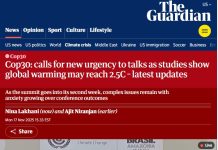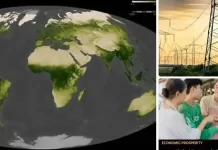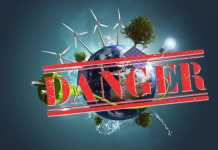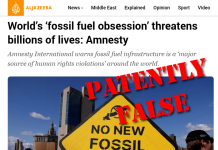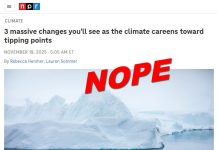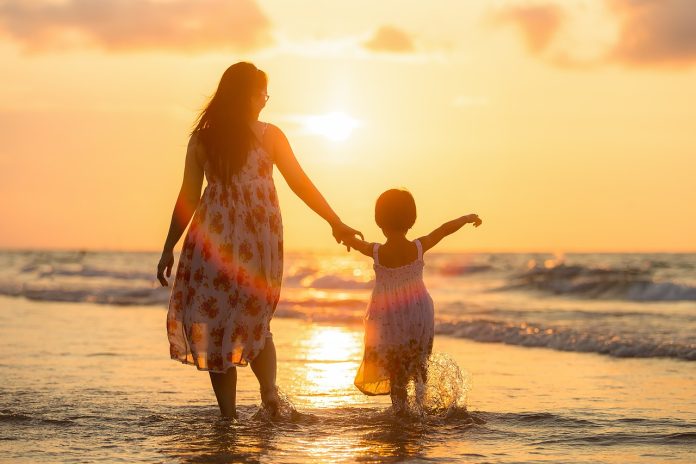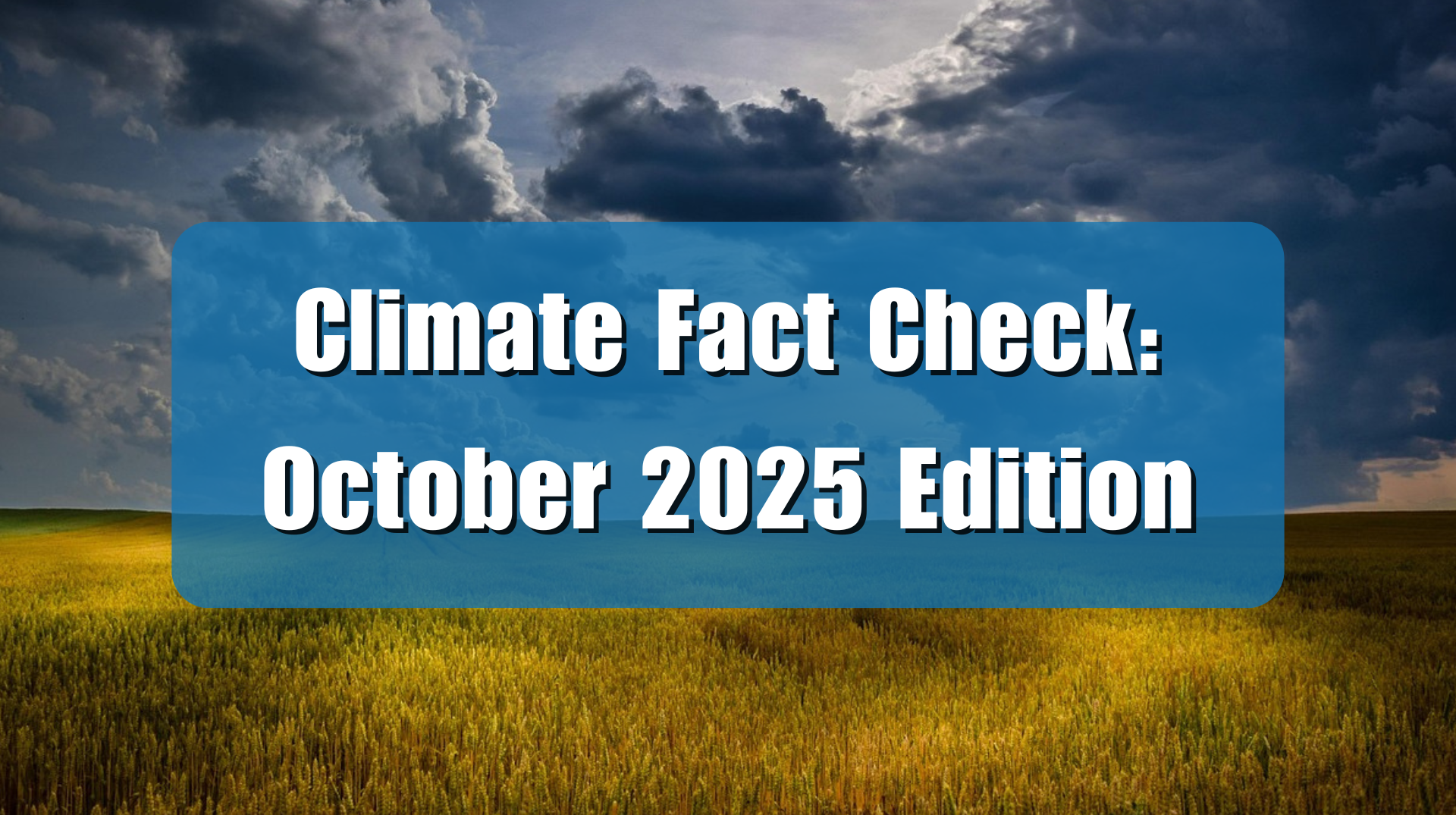A recent article at Milwaukee Journal Sentinel, “Ad running in Wisconsin gives new name to weather events worsened by climate change: unnatural disasters,” discusses an advertising campaign that is trying to mobilize moms to take climate action when voting, by scaring them with claims that climate change is causing worse floods, heat waves, and wildfires. This is false. The trends for none of the types of extreme weather events they are warning of are worsening. In fact, American families are in less danger from the weather now than any other point in history.
The article says:
An ad running in Wisconsin and other swing states is urging residents to consider a new term to describe severe weather events worsened by climate change: “unnatural disasters.”
Science Moms, a nonpartisan group of climate scientists that emphasizes the risks climate change poses to families, is spending $2.5 million on the ad campaign, one of a handful they’ve run as they expand across the U.S., including on billboards. It underscores that human-caused climate change is making floods, heat waves, wildfires, and other extreme weather worse — jeopardizing kids’ ability to experience the world the way generations prior could.
Right away, the central claim of both the advertising campaign and article is false. Floods, heat waves, and wildfires, among other natural weather events, have not become more extreme by any measure that can be recorded.
Beginning with flooding, media outlets and climate activists claims to the contrary, data does not show there is an increase in the frequency or intensity of flooding events. The U.N. Intergovernmental Panel on Climate Change reports with only low confidence that climate change is impacting flooding worldwide, it is just as likely that flooding is getting less common. In the United States, the picture is likewise not very scary, damage from flooding appears to have declined over time, even as modest warming continued. Despite an increase in infrastructure over time, the costs as a proportion of U.S. gross domestic product of flood damage have significantly dropped off since the early part of the 20th century.
Heat waves have received a lot of media coverage over the past year. Climate Realism has covered many of the specific heat wave events in detail, here, here, and here, for example. The stories almost uniformly falsely claim that some location or other in the world experienced temperatures that were unprecedented, while ignoring historic data that show otherwise. They also ignore the growing impact of the urban heat island effect, which can have a significant warming effect, especially at night, in downtown areas, as discussed here in detail.
Most notably, however, data show that the vast majority of the United States has seen a decrease in the number of days equal to or over 95°F. (See figure below)

Additionally, historic data show the most severe heat in the United States occurred in the 1930s; recent extended heat records are not even close.
Finally, regarding wildfires, again the worst wildfires occurred in the United States during the beginning of the 20th century. As Climate Realism has covered in great detail here, here, and here, for instance, available data do not indicate that the conditions necessary for massive wildfires are getting more likely over time, and at the global scale they are actually becoming less frequent and severe. Proof of the latter point is provided by NASA and the European Space Agency. Satellite data from those organizations show that over the past few decades the number of wildfires and acreage lost too them have declined dramatically.
Moms do not need to be worried that climate change is going to make America less safe for their families. It is shameful that the Journal Sentinel chose to uncritically parrot the alarmist talking points from moms who, rather than being called “Science Moms” would be more accurately named, “Moms Lacking a Good Science Education.” Data show their claims are false, their fears are unjustified, and thus the Journal Sentinel’s decision to promote their point of view is fake news.




